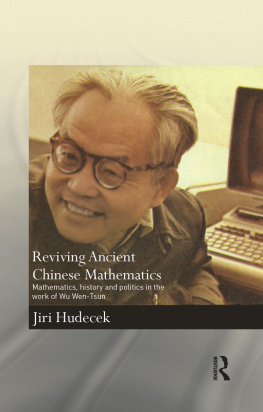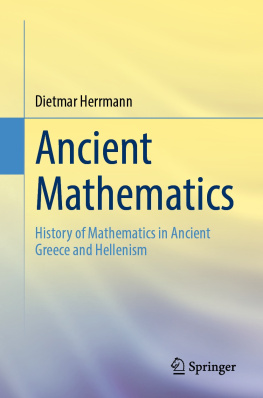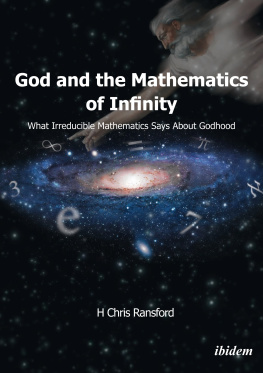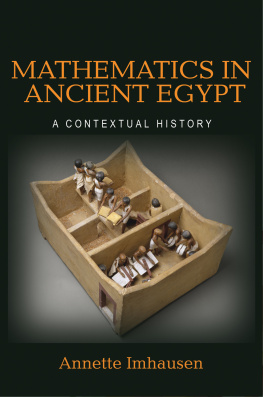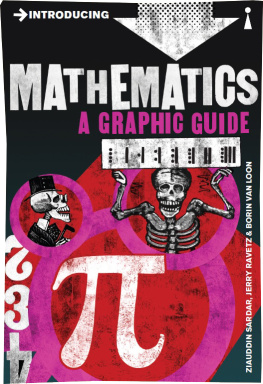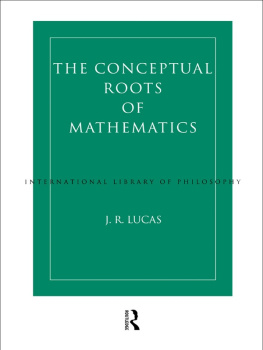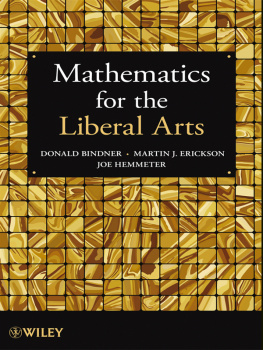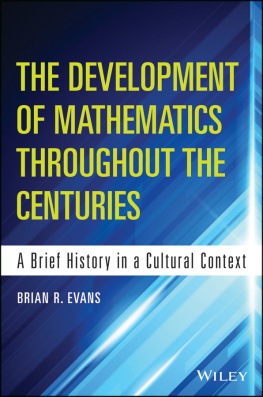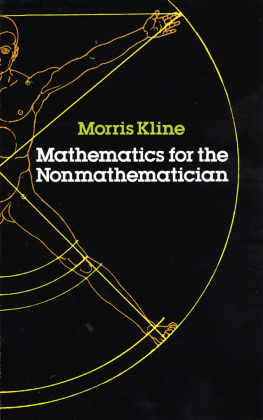
Reviving Ancient Chinese Mathematics
Twentieth-century China has been caught between a desire to increase its wealth and power in line with other advanced nations, which, by implication, means copying their institutions, practices and values, whilst simultaneously seeking to preserve Chinas independence and historically formed identity. Over time, Chinese philosophers, writers, artists and politicians have all sought to reconcile these goals; this book shows how this search for a Chinese way penetrated even the most central, least contested area of modernity: science.
Reviving Ancient Chinese Mathematics is a study of the life of one of modern Chinas most admired scientific figures, the mathematician Wu Wen-Tsun. Negotiating the conflict between progress and tradition, he found a path that not only ensured his political and personal survival, but which also brought him renown as a mathematician of international status who claimed that he stood outside the dominant western tradition of mathematics. Wu Wen-Tsuns story highlights crucial developments and contradictions in twentieth-century China, the significance of which extends far beyond the field of mathematics. On one hand lies the appeal of radical scientific modernity, mechanization in all its forms, and competitiveness within the international scientific community. On the other is an anxiety to preserve national traditions and make them part of the modernization project. Moreover, Wus intellectual development also reflects the complex relationship between science and Maoist ideology, because his turn to history was powered by his internalization of certain aspects of Maoist ideology, including its utilitarian philosophy of science.
This book traces how Wu managed to combine political success and international scientific eminence, a story that has wider implications for a new century of increasing Chinese activity in the sciences. As such, it will be of great interest to students and scholars of Chinese history, the history of science and the history and philosophy of mathematics.
Jiri Hudecek is a Researcher at Charles University, Czech Republic.
Needham Research Institute Series
Series Editor: Christopher Cullen
Joseph Needhams Science and Civilisation series began publication in the 1950s. At first it was seen as a piece of brilliant but isolated pioneering. However, at the beginning of the twenty-first century, it became clear that Needhams work had succeeded in creating a vibrant new intellectual field in the West. The books in this series cover topics that broadly relate to the practice of science, technology and medicine in East Asia, including China, Japan, Korea and Vietnam. The emphasis is on traditional forms of knowledge and practice, but without excluding modern studies that connect their topics with their historical and cultural context.
Celestial Lancets
A history and rationale of acupuncture and moxa
Lu Gwei-Djen and Joseph Needham
With a new introduction by Vivienne Lo
A Chinese Physician
Wang Ji and the Stone Mountain medical case histories
Joanna Grant
Chinese Mathematical Astrology
Reaching out to the stars
Ho Peng Yoke
Medieval Chinese Medicine
The Dunhuang medical manuscripts
Edited by Vivienne Lo and Christopher Cullen
Chinese Medicine in Early Communist China, 19451963
Medicine of revolution
Kim Taylor
Explorations in Daoism
Medicine and alchemy in literature
Ho Peng Yoke
Tibetan Medicine in the Contemporary World
Global politics of medical knowledge and practice
Laurent Pordi
The Evolution of Chinese Medicine
Northern Song dynasty, 9601127
Asaf Goldschmidt
Speaking of Epidemics in Chinese Medicine
Disease and the geographic imagination in Late Imperial China
Marta E. Hanson
Reviving Ancient Chinese Mathematics
Mathematics, history and politics in the work of Wu Wen-Tsun
Jiri Hudecek
Reviving Ancient Chinese Mathematics
Mathematics, history and politics in the work of Wu Wen-Tsun
Jiri Hudecek

First published 2014
by Routledge
2 Park Square, Milton Park, Abingdon, Oxon OX14 4RN
and by Routledge
711 Third Avenue, New York, NY 10017
Routledge is an imprint of the Taylor & Francis Group, an informa business
2014 Jiri Hudecek
The right of Jiri Hudecek to be identified as author of this work has been asserted by him/her in accordance with sections 77 and 78 of the Copyright, Designs and Patents Act 1988.
All rights reserved. No part of this book may be reprinted or reproduced or utilised in any form or by any electronic, mechanical, or other means, now known or hereafter invented, including photocopying and recording, or in any information storage or retrieval system, without permission in writing from the publishers.
Trademark notice: Product or corporate names may be trademarks or registered trademarks, and are used only for identification and explanation without intent to infringe.
British Library Cataloguing in Publication Data
A catalogue record for this book is available from the British Library
Library of Congress Cataloguing in Publication data
Hudecek, Jir.
Reviving ancient Chinese mathematics : mathematics, history, and politics in the work of Wu Wen-Tsun / Jiri Hudecek.
pages cm. (Needham Research Institute series)
Includes bibliographical references and index.
1. Wu, Wen-tsn. 2. MathematiciansChinaBiography. 3. Mathematics, ChineseHistory20th century. I. Title.
QA29.W82H83 2014
510.92dc23
2014001682
ISBN: 978-0-415-70296-6 (hbk)
ISBN: 978-0-203-79509-5 (ebk)
Typeset in Times New Roman
by Out of House Publishing
Contents
This is a book about mathematics in twentieth-century China. It is focused on a single mathematician, Wu Wen-Tsun (Wu Wenjun), in whose story we can see much of the overall development of twentieth-century Chinese mathematics. This story is more than a familiar tale of struggle, hard work and eventual achievement: it unites the individual career with the vicissitudes of politics and the power of tradition and history. Wu Wen-Tsun promotes the study of ancient Chinese mathematics and claims to revive its spirit in his work a claim which calls both for a critical scrutiny and contextual explanation. Why would Wu Wen-Tsun make use of ancient Chinese mathematics? Is it true that his method of mathematics mechanization uses ancient Chinese techniques? In what convoluted ways did twentieth-century ideologies enter mathematics and give respectability to historical enquiry even for an active mathematician? These are some of the questions that will run through the book.
This book is based on my dissertation You Fight Your Way, I Fight My Way: Wu Wen-Tsun and traditional Chinese mathematics, written at the Department of History and Philosophy of Science of the University of Cambridge and defended in February 2012. The PhD project was supported by the Needham Research Institute, Cambridge European Trust, and a Domestic Research Studentship of the University of Cambridge. Since 2012, I have been working on a project for the Ministry of Education of the Czech Republic, Deconstruction and construction of national traditions and science in China, which gave me the necessary peace of mind to revise the dissertation for publication. I would like to express my gratitude to all these institutions and their generosity.
Next page
